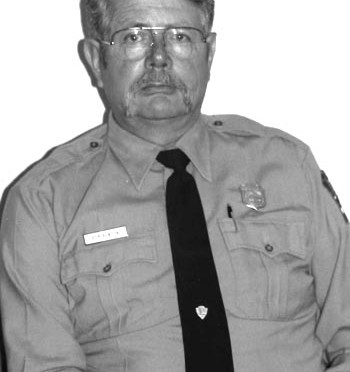What were the major differences in the interpretive division at Crater Lake between 1984 and 1991?
Okay, when did Kent come?
’86.
Warfield wanted to be a writer (28). Hank Tanski certainly knows what an interpretive program is, and had some things going for him (29). There is no doubt about it. I still think the world of Tanski. His problem was that he had been at Crater Lake way, way, way, way too long. Any time a new idea or a new thrust or something came up, Hank would go into cardiac arrest. Of course, Kent was hired, first, because he would get out of his naturalist mode. He can run a good interpretive program and he is not bothered by the fact that he’s a historian by background (30). at we had to do was to get Kent in there and get him some people who could work, and come up with a good program. Which, of course, he has.
That was one of the reasons you put history and museum under interpretation?
Right. Absolutely. You put it all in a nice package there. I like compartmentalization to the extent where you try to put like functions where they belong. I felt, at that time, and now this could change in future time, but T like that concept of being able to wrap all that stuff into one person or one division. I thought it worked admirably, at least from my perspective. I was most pleased.
March 21, 1994
When did you first see the need for historians in natural areas?
I don’t think that these things just instantly happen. It was pretty obvious when I was at Theodore Roosevelt, in a natural area that had historical overtones, which most parks do, at least any of the older ones, you have to start considering that history plays a really important part in the park itself. You may not think it does, but the Park service has now been around for long enough that it’s creating its own history. Beyond that, almost all of our natural areas had a history about them that pre-dated the National Park Service. So as far as I was concerned, it was something that we needed a long time ago. I used to try to hire, within the confines of the seasonal ranks, some people that had some knowledge or interest in fields other than the traditional ranger, interpreter, or naturalist.


